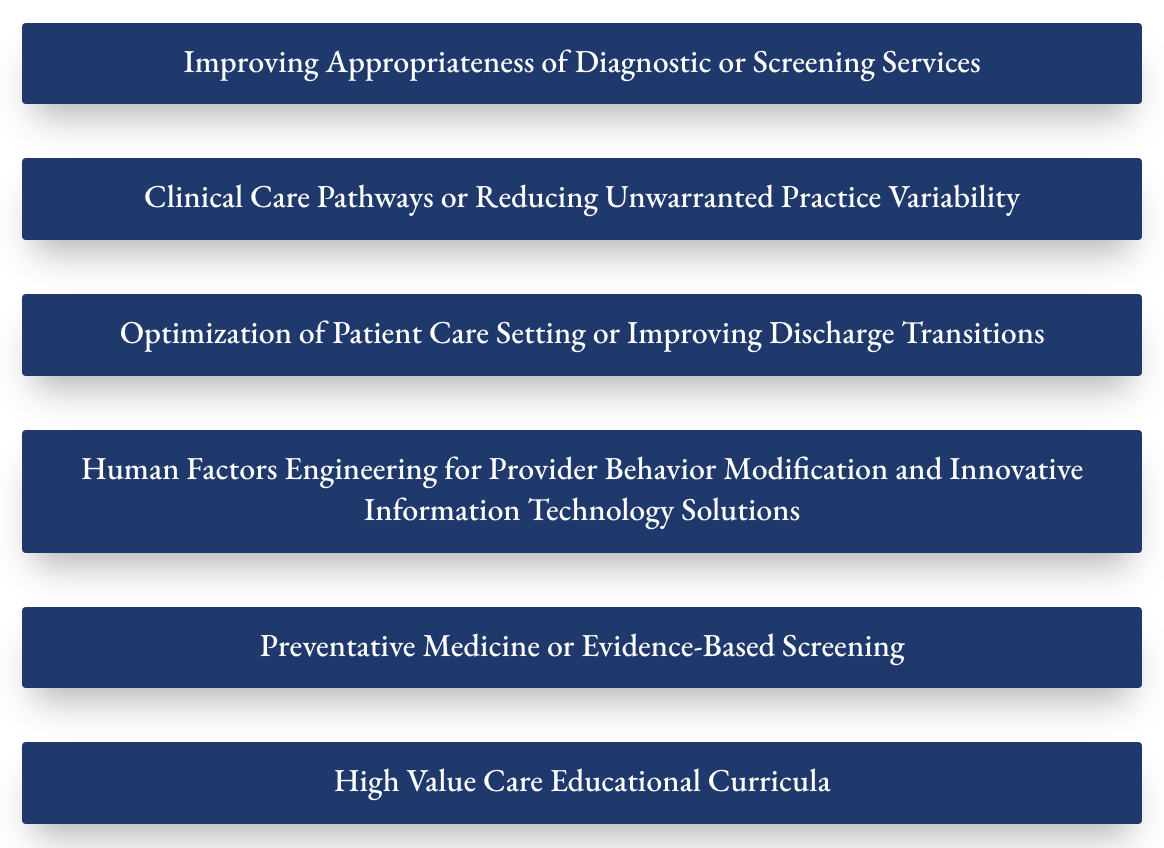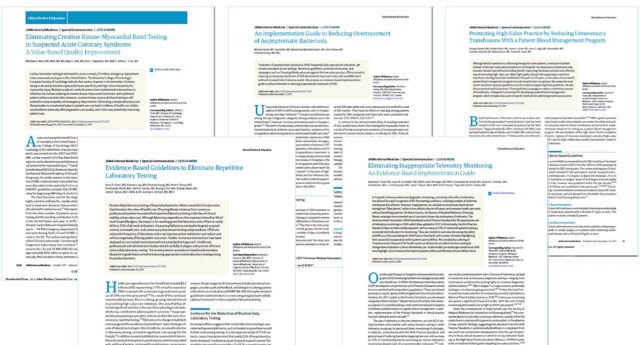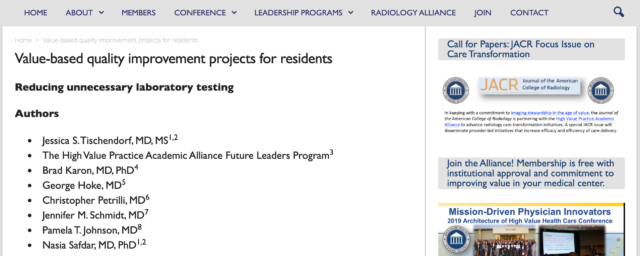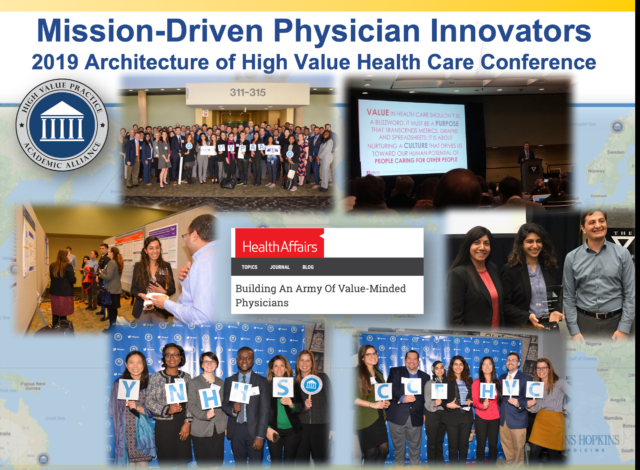From the 2023 HVPA National Conference
Rachael Schneider DO (Lankenau Medical Center), Loukya Kanakamedala DO, Kelly Szymanski DO, Benjamin Larson MD
Background:
In the United States gastroesophageal reflux disease (GERD) is the most common upper gastrointestinal disease and proton pump inhibitors (PPIs) are one of the most commonly used medications, with 15 million people currently on a PPI and $10 billion in yearly expenditure for prescriptions. There was an 18% increase in the proportion of PPI users from 2002 to 2017 and use in ambulatory visits more than doubled over this time. PPIs are generally perceived as being safe, however there are several associated risks including kidney disease, electrolyte abnormalities, bone fractures, clostridium difficile infections, and altered gut microbiota. For this reason, guidelines recommend an attempt to stop or wean PPI use for the diagnosis of GERD after an 8-week trial.
Objectives:
The purpose of this quality improvement project is to increase the number of patients in a community practice who are trialed off PPIs with the use of an alert within the electronic health record (EHR).
Methods:
A report was generated within the EHR to identify patients in a primary care clinic with the diagnosis of GERD who were on a PPI for longer than 8 weeks over a 3-month period. Those who had previously failed a weaning trial or those who have a diagnosis requiring long term PPI use were excluded. Chart review was conducted to identify if there was a documented discussion between physician and patient regarding weaning or discontinuation of their PPI prior to and after alert implementation. The EHR alert notifies providers of patients on a PPI for >8 weeks and prompted a discussion of weaning or discontinuation with an opportunity to document such conversations. Providers will be informed within the alert of potential strategies such as decreasing PPI to every other day, decreasing to half dose or substituting with an H2 blocker.
Results:
Preliminary results analyzed prior to alert implementation. Among 352 patients, 2% of had a documented discussion during their office visit about their long-term PPI use. 82% did not have a documented conversation. 12.7% had previous discussions documented with lack of follow-through. About 4% did not have a documented indication for their PPI use. Results following alert implementation are currently pending and due to be completed by September 2023.
Conclusions:
The current results prove lack of adequate conversations between physicians and patients about their long-term PPI use. The primary goal of the project is to increase the number of such conversations and decrease the number of patients inappropriately on a PPI.
Clinical Implications:
Given the preliminary results, there is concern about lack of adherence to clinical guidelines and the financial and medical implications of this. The cost to employers providing health insurance is estimated to be around $3,000 yearly per employee that is prescribed a PPI for GERD. Potential side effects are not insignificant with most patients unaware of them.





